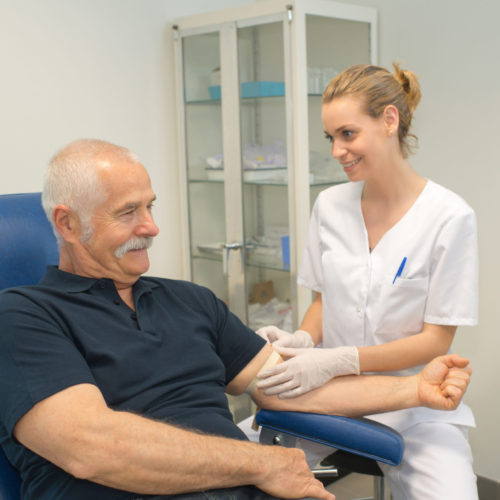Awareness and treatment of prostate cancer is highly variable between European countries and within countries. Europa Uomo mounts campaigns and talks to politicians in Europe to raise their awareness of the issues and impose standards.
A Europa Uomo survey found that knowledge of prostate cancer is poor in half of European states, and there are big inequalities in prostate cancer care.
- Less than 50% of men in Europe are aware of the disease
- PSA-led early detection is promoted by healthcare professionals in only 50% of European countries
- Depending on the country, between 20 and 60% of all prostate cancer diagnosis occurs late, in the metastatic phase of the disease
- A multidisciplinary approach to care is often not available
- Not all recommended treatments for prostate cancer are available in all countries
- Care inequalities between and within countries are the norm
Men and their relatives need to be made aware that prostate cancer exists and that curative treatment is possible, especially when detected at an early stage.

Our strategy
To ensure that men receive the best possible treatment, while at the same time reducing the risk of overtreatment, we believe that prostate cancer patients must urge our politicians and policy makers to adopt a change in strategy based on three pillars. All three must be implemented at the same time to ensure the best treatment, with quality of life, and reduced overall cost.
- Increase awareness of the disease
- Promote informed PSA-led early detection
- Ensure treatment in multidisciplinary cancer centres
Better treatment
The best outcomes for men with prostate cancer are associated with treatment in a cancer centre with a multidisciplinary approach. Studies have shown that the extent and severity of treatment side effects of treatments are closely related to how much a surgeon or radiotherapist has had.
We expect cancer centres to measure the patient-related outcomes and make them freely accessible to patients.
There have been several initiatives to establish prostate cancer centres in Europe. Germany for instance, has developed its own requirements. Europa Uomo recognises that there will be different structures required according to the legal and administrative provision in each country. Europa Uomo set up the Prostate Cancer Units Network, along with the European School of Oncology.
Active surveillance
The use of active surveillance treatment for men with low-risk prostate cancer is essential in order to avoid over-treatment and ensure optimal quality of life for as long as possible. Active surveillance is a treatment in itself, and should be considered as valid as any other treatment in stages I and II of the disease. Active surveillance should not be confused with the watchful waiting programmes, used in the later stages of cancer.
Recent years have seen considerable growth of knowledge on how to apply active surveillance safely. Generally, there is a belief that this treatment can be valid for up to 30% of patients – those with low or intermediate risk.
Read our resources on active surveillance.
